What to expect from MWC 2018
The year’s biggest mobile conference starts on Sunday - but is there anything to get excited about?

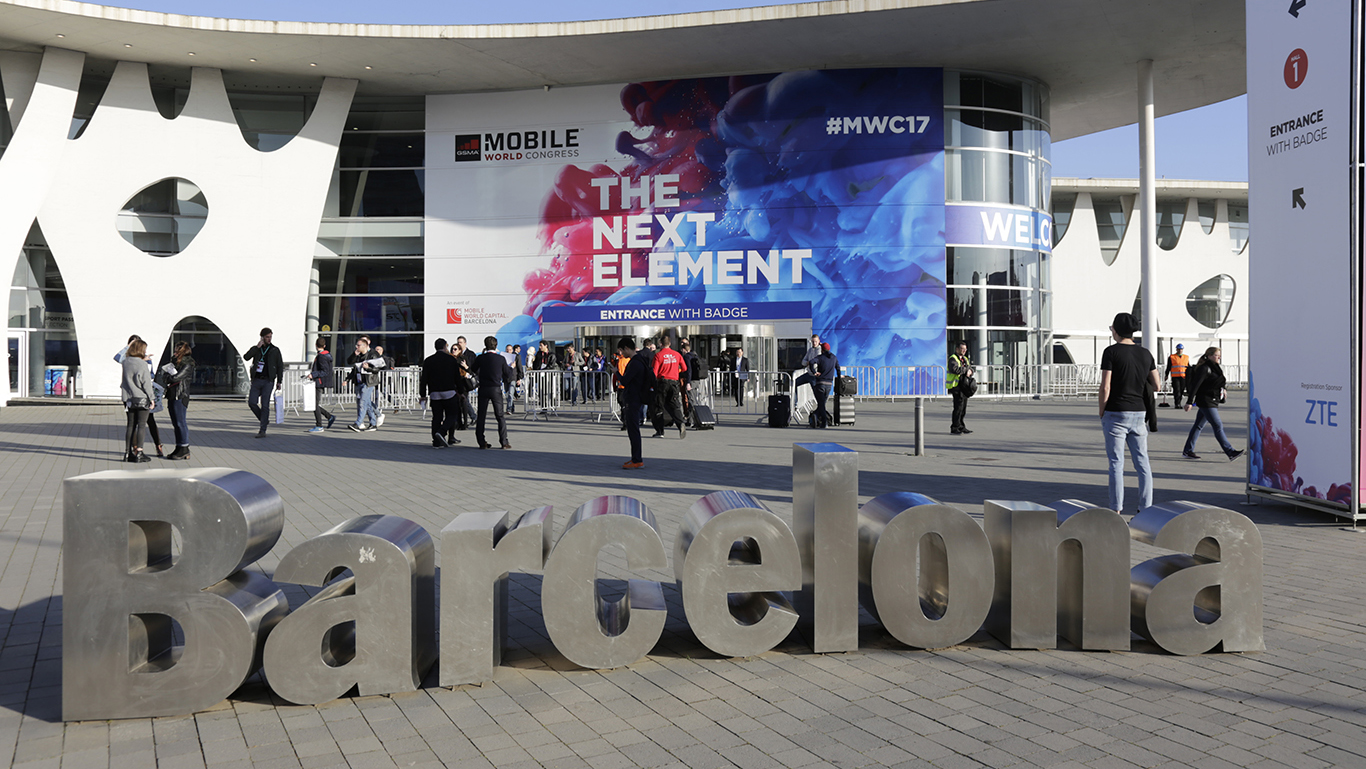
It's that time of year again, when hordes of eager tech fans descend on Barcelona for GSMA's annual Mobile World Congress event.
In previous years, this conference has become famous for being the place where all of the major smartphone manufacturers launch their new flagship devices, with a slew of announcements and news from the likes of HTC, Motorola, LG and others.
Recently, however, fewer and fewer companies have used the show as a launchpad for their devices, choosing instead to hold their own separate events. This year's event promises more of the same, with a comparatively small number of new smartphones in relation to previous years.
There are a couple of major exceptions, though. First and foremost is the Samsung Galaxy S9, which is all but confirmed to be debuting at MWC. Considering that it follows one of the most critically-acclaimed phones of last year (which holds the honour of being IT Pro's Smartphone of the Year 2017), the Galaxy S9 is very much the one to watch, as fans wait to see whether it will be as much of a leap forward as its predecessor.
Aside from that, new devices are expected from Huawei and Sony, and rumours indicate that HMD will be launching a number of new Nokia flagships, following the brand's unexpected revival last year.
Elsewhere, expect a fair number of new wearable devices, as well as a handful of new accessories and peripherals, and possibly even a laptop or two.
Of course, MWC isn't just about smart devices and consumer tech - the conference is also one of the year's main events for the telco industry. Network providers, networking specialists, infrastructure firms, security companies and more will also be flocking to Barcelona to show off the latest advancements that keep all those shiny smartphones ticking along.
Sign up today and you will receive a free copy of our Future Focus 2025 report - the leading guidance on AI, cybersecurity and other IT challenges as per 700+ senior executives
The big topics, as with many conferences in the last year or so, are going to be 5G, AI and IoT. Network providers are currently racing to be the first to deploy commercially-viable 5G, and while no-one's really there yet, expect many companies to be making bold claims about how close they are.
IoT, meanwhile, is a much more tangible prospect. IoT systems are already in place in a larger number of businesses, and while IoT technology is still fairly nascent, it's received an encouraging level of buy-in throughout the industry. We're predicting a number of announcements from various companies across the IoT space, although we likely won't see anything truly revolutionary.
All in all, this year's Mobile World Congress promises to be a less exciting affair than some of its predecessors, but although there's little to get the heart racing, the industry is quietly setting the scene for some major shifts in the next couple of years. It may not be exciting, but it might well be the future.
Adam Shepherd has been a technology journalist since 2015, covering everything from cloud storage and security, to smartphones and servers. Over the course of his career, he’s seen the spread of 5G, the growing ubiquity of wireless devices, and the start of the connected revolution. He’s also been to more trade shows and technology conferences than he cares to count.
Adam is an avid follower of the latest hardware innovations, and he is never happier than when tinkering with complex network configurations, or exploring a new Linux distro. He was also previously a co-host on the ITPro Podcast, where he was often found ranting about his love of strange gadgets, his disdain for Windows Mobile, and everything in between.
You can find Adam tweeting about enterprise technology (or more often bad jokes) @AdamShepherUK.
-
 Redefining resilience: Why MSP security must evolve to stay ahead
Redefining resilience: Why MSP security must evolve to stay aheadIndustry Insights Basic endpoint protection is no more, but that leads to many opportunities for MSPs...
-
 Microsoft unveils Maia 200 accelerator, claiming better performance per dollar than Amazon and Google
Microsoft unveils Maia 200 accelerator, claiming better performance per dollar than Amazon and GoogleNews The launch of Microsoft’s second-generation silicon solidifies its mission to scale AI workloads and directly control more of its infrastructure
-
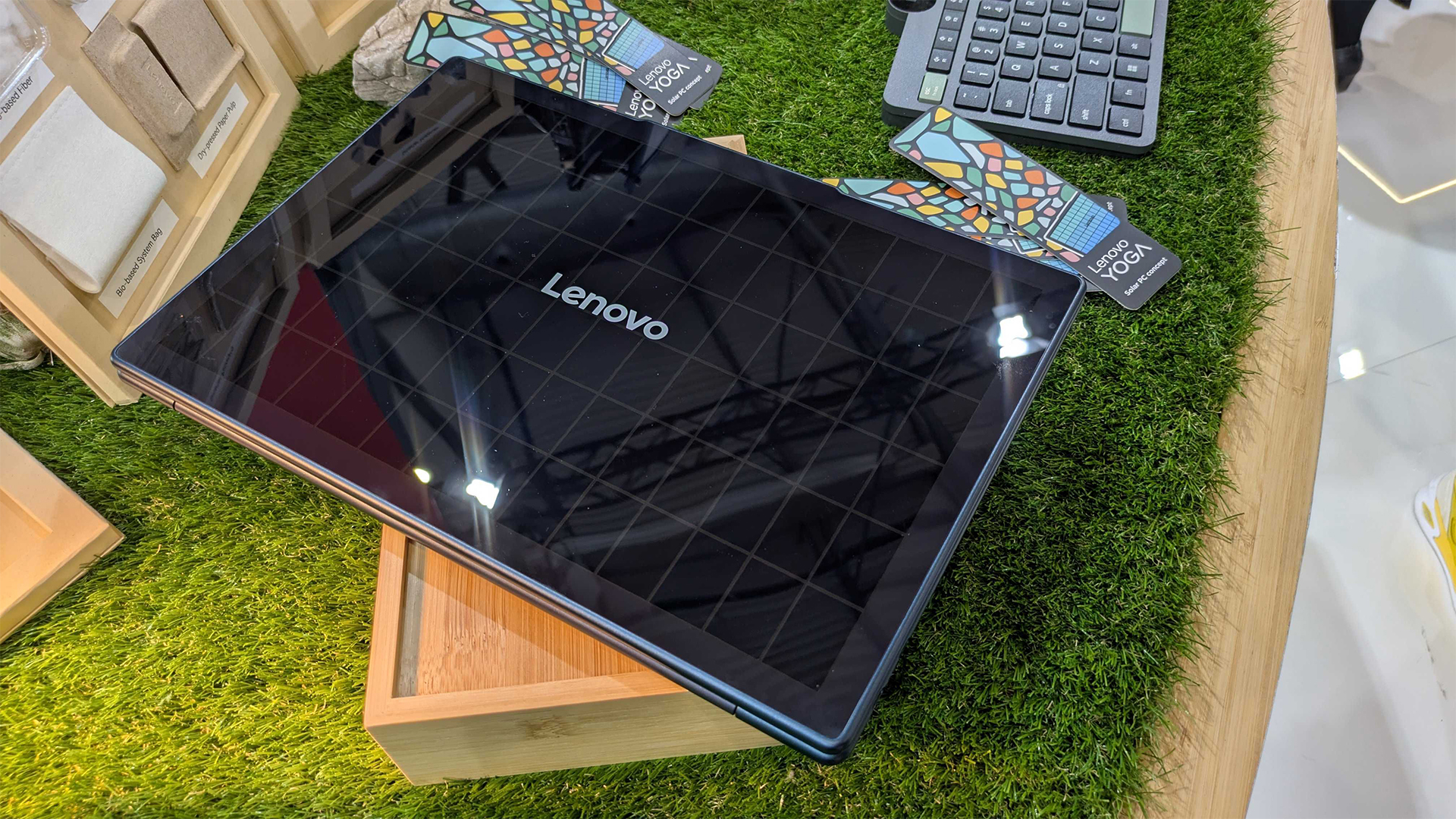 Lenovo’s solar-powered laptop could be a game changer for battery longevity – but we'll be waiting a while for a fully-fledged product
Lenovo’s solar-powered laptop could be a game changer for battery longevity – but we'll be waiting a while for a fully-fledged productNews Lenovo unveiled an experimental solar-powered laptop at MWC 2025 amid updates to the Yoga and Ideapad lineups
-
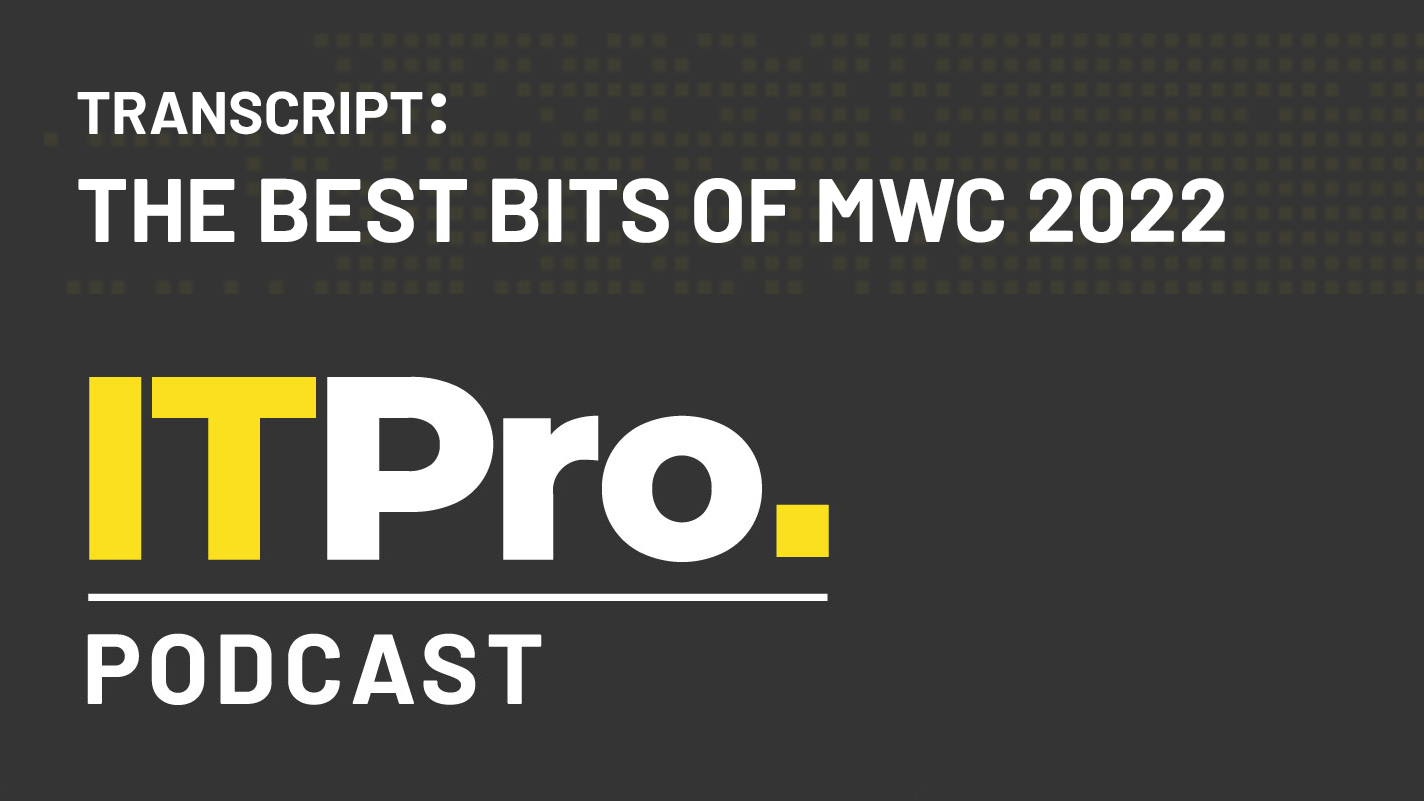 Podcast transcript: The best bits of MWC 2022
Podcast transcript: The best bits of MWC 2022IT Pro Podcast Read the full transcript for this episode of the IT Pro Podcast
-
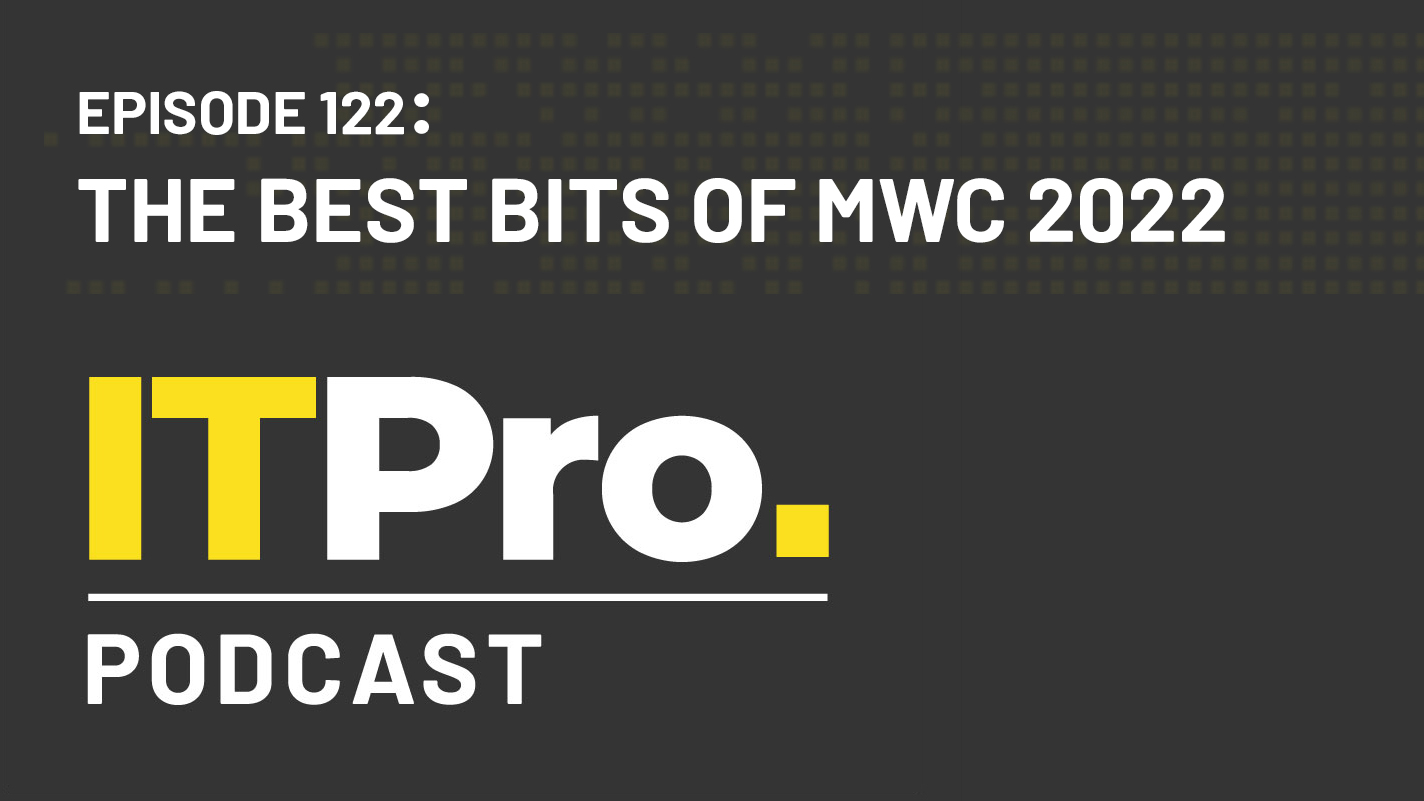 The IT Pro Podcast: The best bits of MWC 2022
The IT Pro Podcast: The best bits of MWC 2022IT Pro Podcast We recap some of the highlights of this year’s Mobile World Congress
-
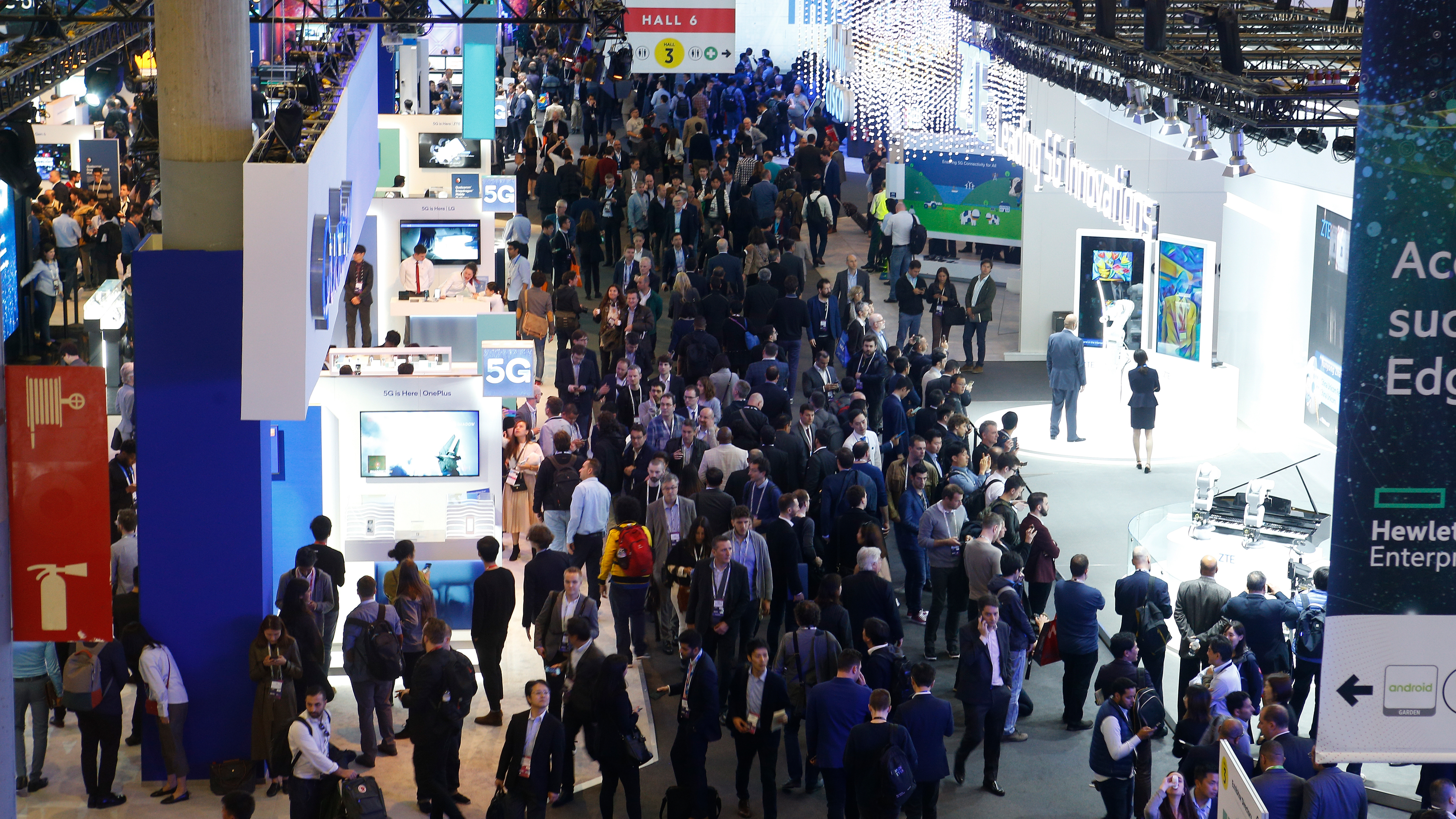 LG pulls out of MWC amid coronavirus fears
LG pulls out of MWC amid coronavirus fearsNews The move is intended to protect employees from having to travel internationally
-
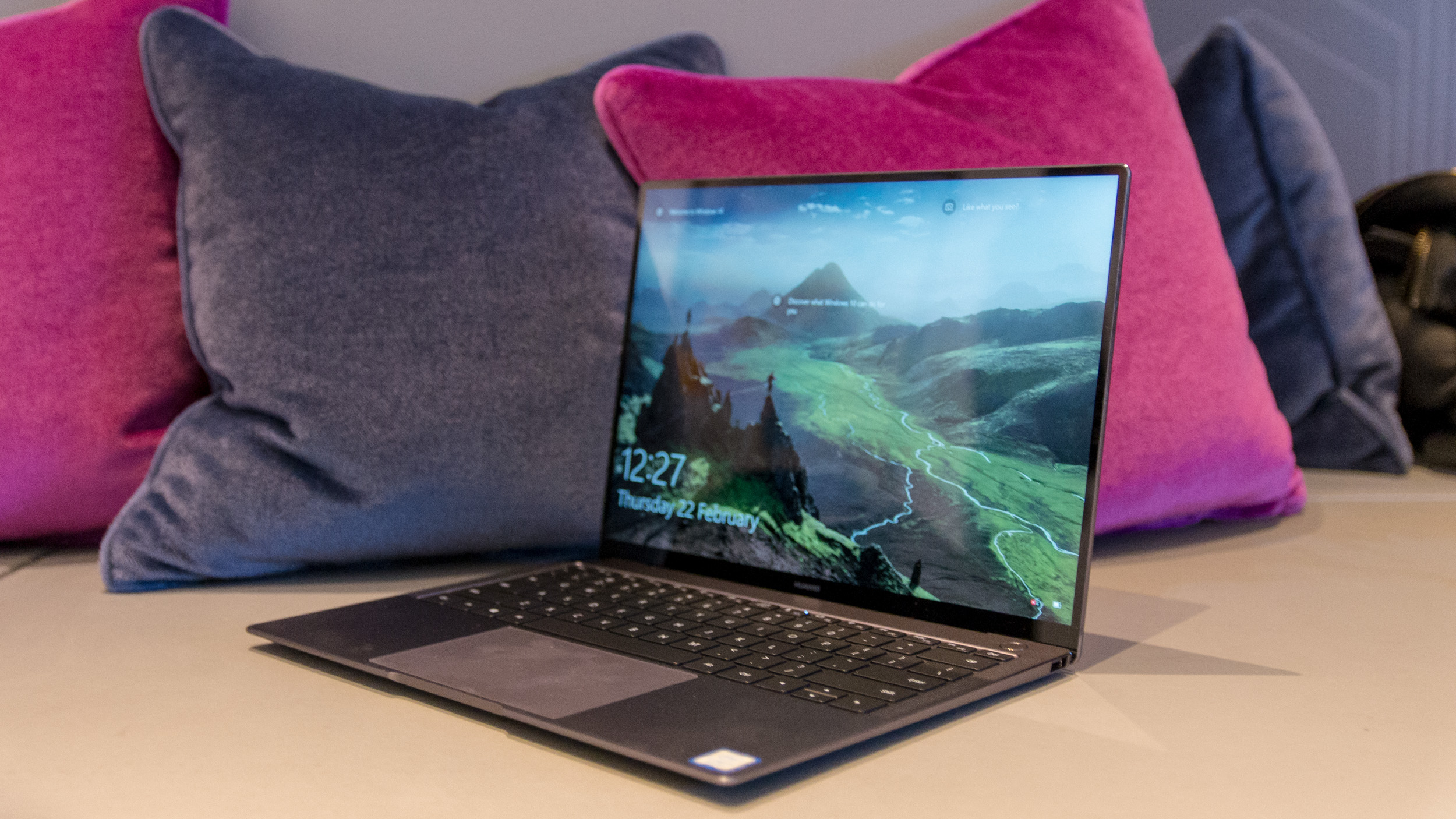 Huawei MateBook X Pro hands-on: Interesting, but overpriced
Huawei MateBook X Pro hands-on: Interesting, but overpricedFirst look Meet China's answer to the MacBook Pro
-
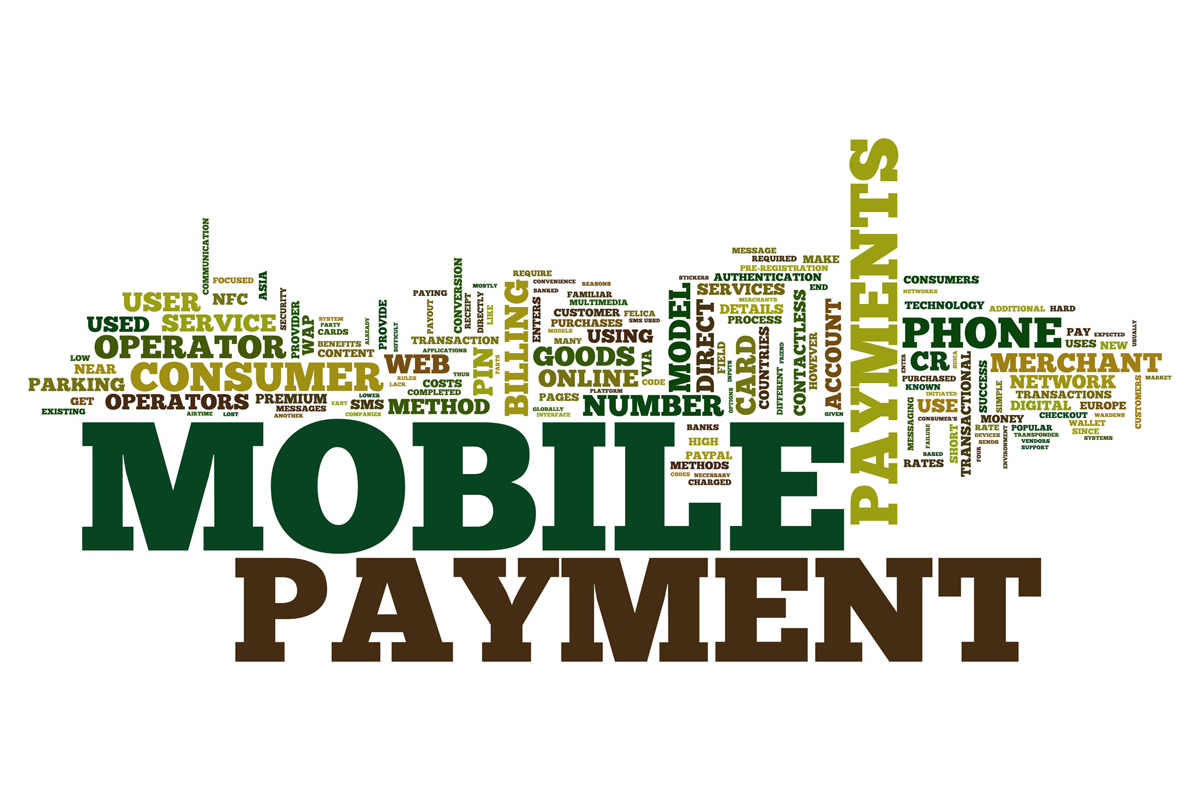 MWC 2012: B2B market fast mobile payments adopter
MWC 2012: B2B market fast mobile payments adopterNews Whilst consumers are taking their time, businesses are embracing the opportunities brought by mobile payments.
-
 MWC 2012: Call to arms for mobile video
MWC 2012: Call to arms for mobile videoNews The CEO of AT&T challenges the industry big wigs to make mobile video calls as easy as voice.
-
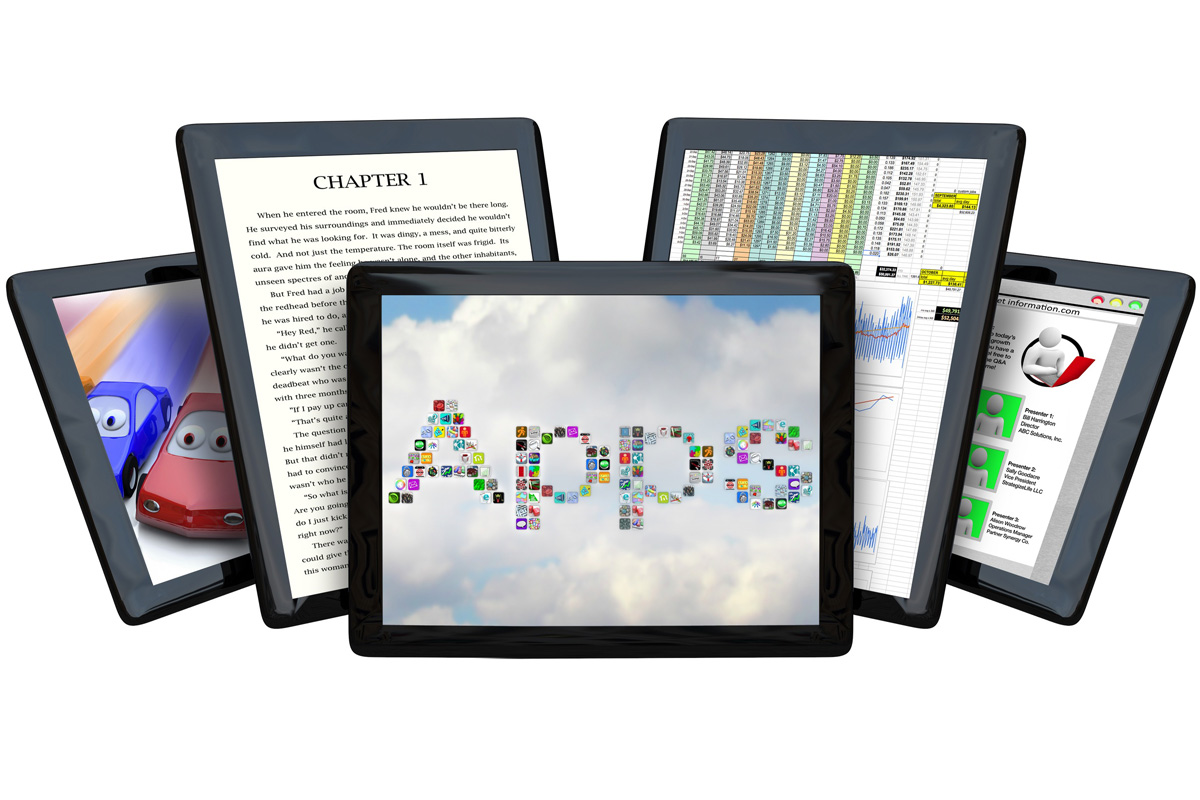 MWC 2012: Tablet surcharge for 3G 'widens digital divide'
MWC 2012: Tablet surcharge for 3G 'widens digital divide'News The CEO of Best Buy calls on the industry to bring down the extra cash customers have to fork out for mobile internet on their tablets.
